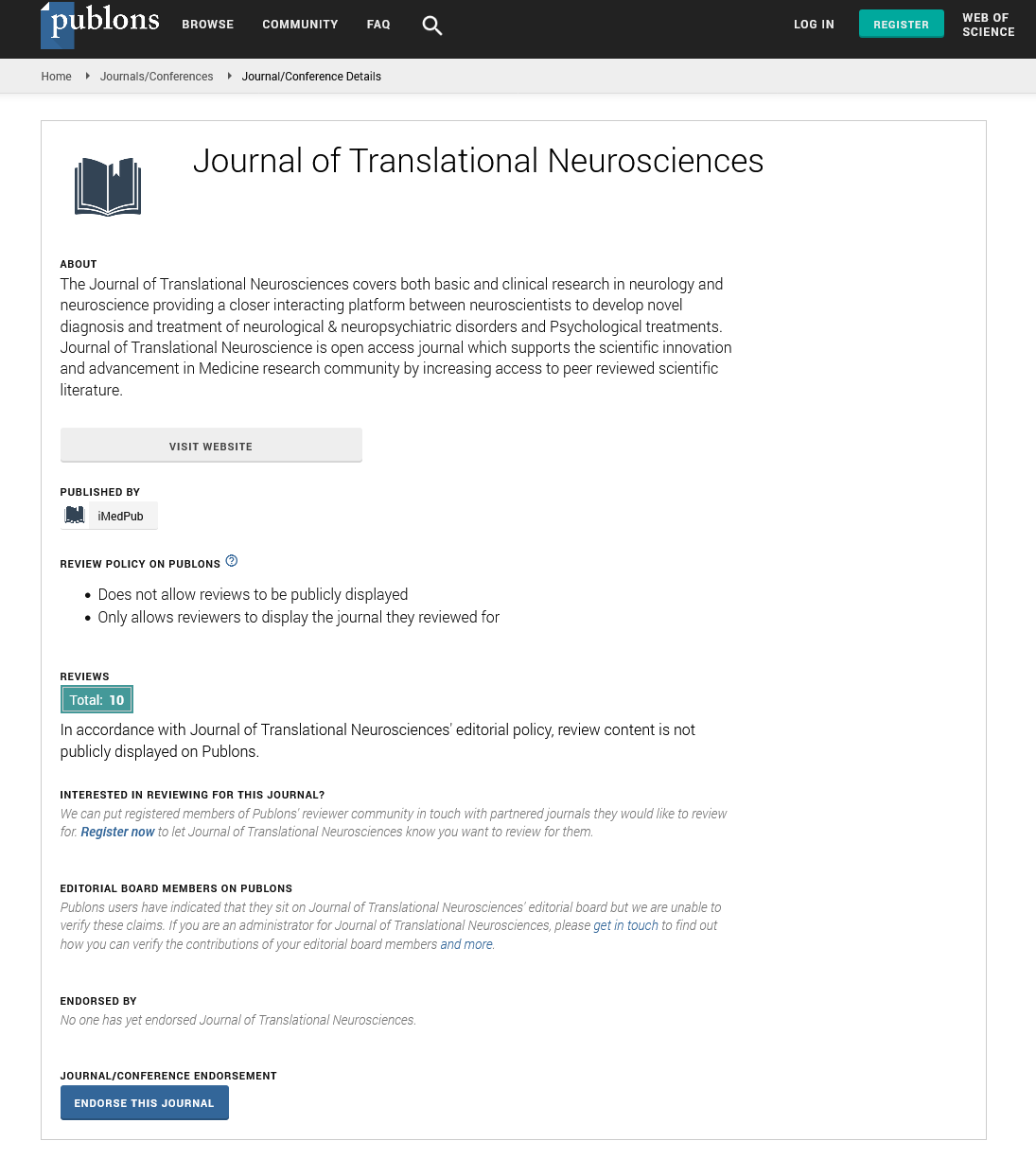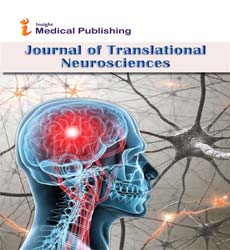Abstract
The effect of Curcumin on consolidation and retrieval memory following unilateral Labyrinthectomy
Nowadays, vestibular system disorders are common. The aim of this study was to evaluate the effect of curcumin on Vestibular compensation (VC) and behavioral changes following unilateral labyrinthectomy in male rats.
Forty adult male Wistar rats were randomly divided into 5 groups: control; without labyrinthectomy and injection of curcumin with passive avoidance learning and memory retrieval testing in 3, 6 and 10 days after learning, group 2; labyrinthectomy with passive avoidance learning and memory retrieval testing, group 3; labyrinthectomy with passive avoidance learning and injection of curcumin then memory retrieval testing, group 4; passive avoidance learning, labyrinthectomy and memory retrieval testing and group 5; passive avoidance learning, labyrinthectomy with injection of curcumin and memory retrieval testing. The rats were anesthetized at the end of behavior experiment. The brain tissue was removed and brain stem was taken for morphological assessment.
Author(s):
Naser Khalaji
Abstract | PDF
Share this

Google scholar citation report
Citations : 46
Journal of Translational Neurosciences received 46 citations as per google scholar report
Journal of Translational Neurosciences peer review process verified at publons
Abstracted/Indexed in
- Google Scholar
- JournalTOCs
- China National Knowledge Infrastructure (CNKI)
- Publons
- Secret Search Engine Labs
- Euro Pub
Open Access Journals
- Aquaculture & Veterinary Science
- Chemistry & Chemical Sciences
- Clinical Sciences
- Engineering
- General Science
- Genetics & Molecular Biology
- Health Care & Nursing
- Immunology & Microbiology
- Materials Science
- Mathematics & Physics
- Medical Sciences
- Neurology & Psychiatry
- Oncology & Cancer Science
- Pharmaceutical Sciences


